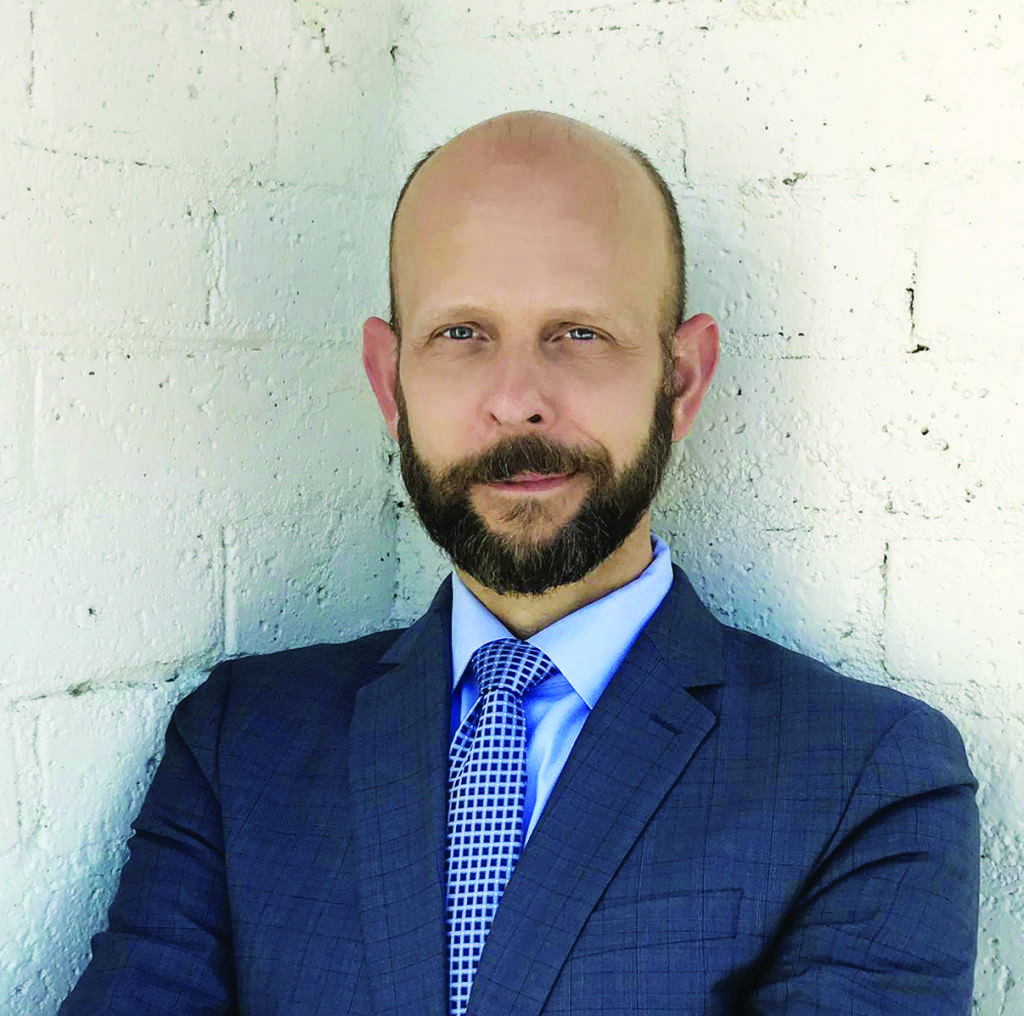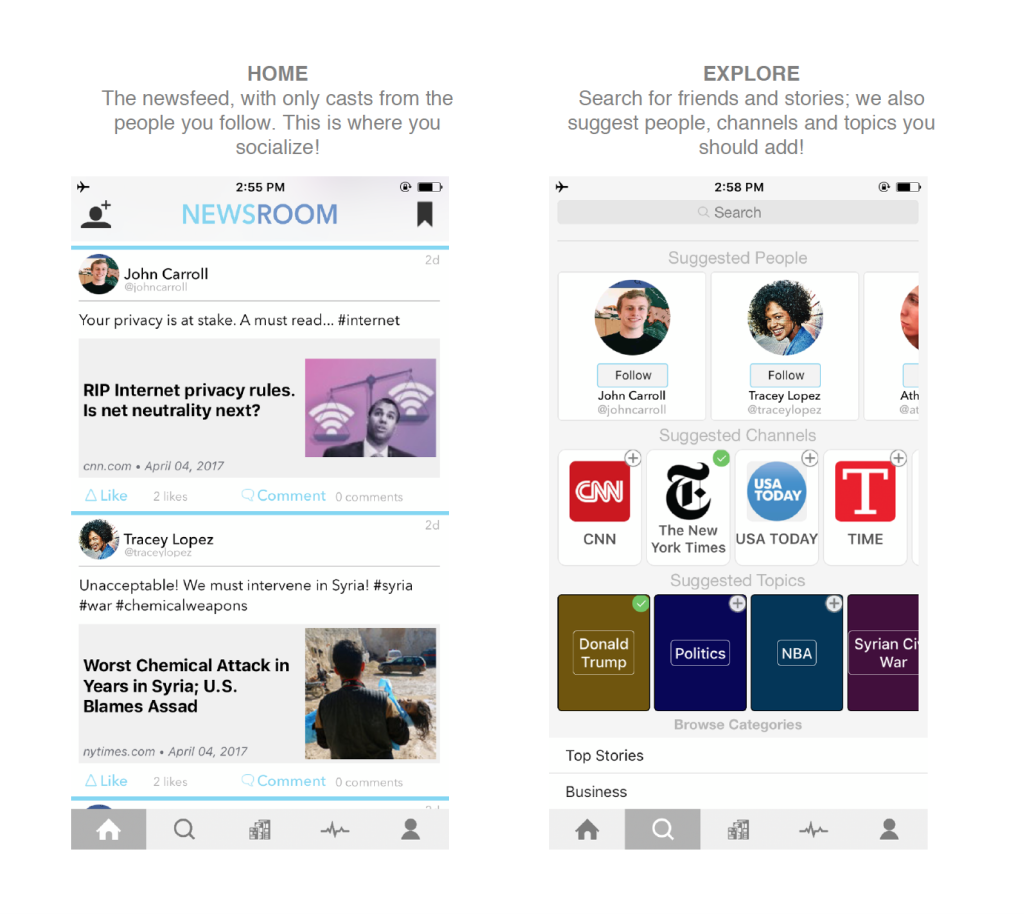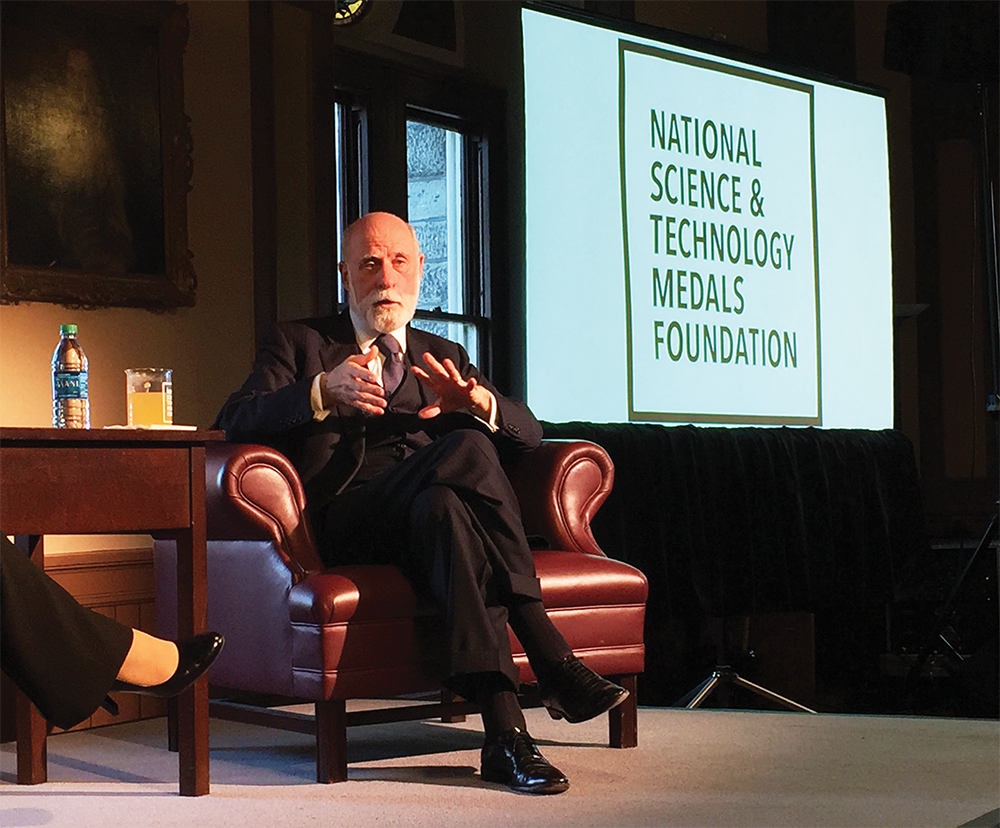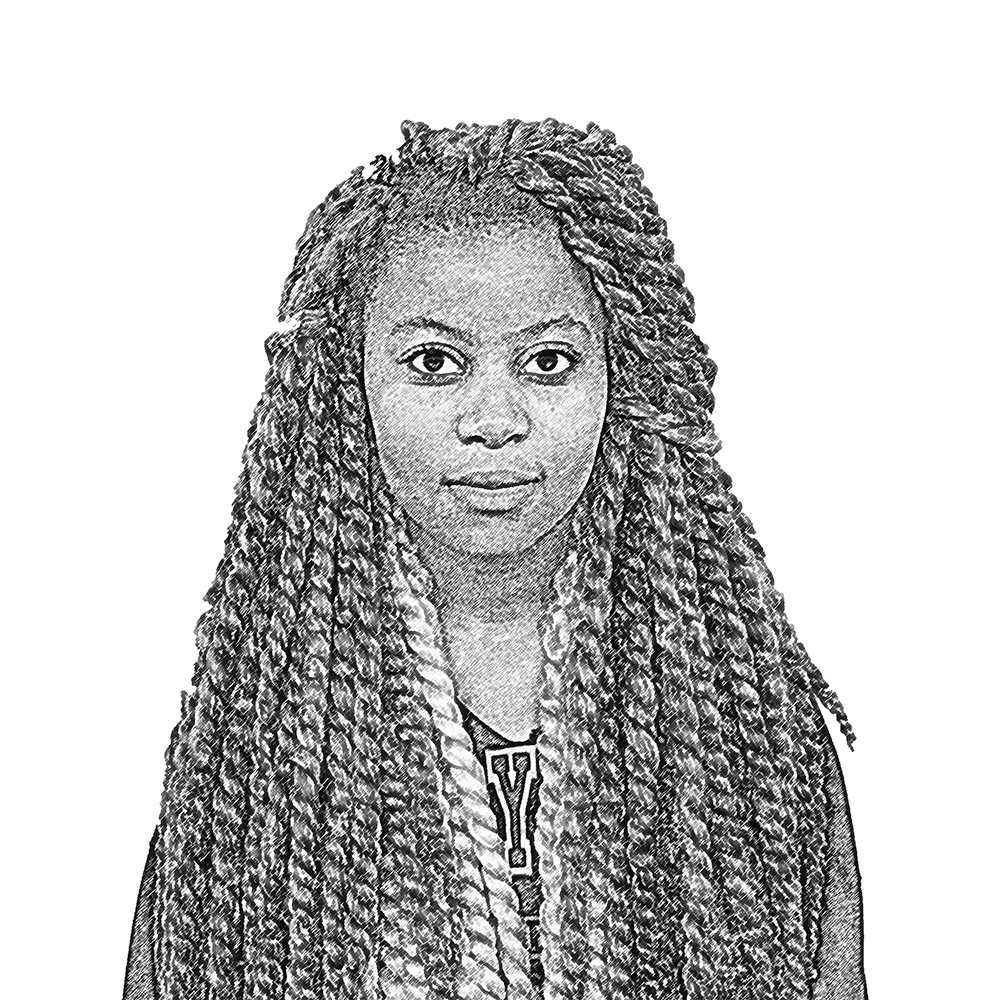
Georgetown’s Women’s in Leadership Initiative Director Catherine Tinsley released research that revealed that both men and women consider males as the primary breadwinners in families.
According to new research conducted by Catherine Tinsley, a professor of management and director of Georgetown’s Women’s in Leadership Initiative at the McDonough School of Business, the majority of Americans prefer men to be the primary breadwinners in families.
Tinsley said she researched the topic because she was interested in contributing to the conversation about gender determinism, the idea that gender is a distinct social category that can direct an individual’s skills, abilities or attitudes. Tinsley and her colleagues were surprised to find that while not all participants agreed, the vast majority of American men and women actually preferred the man to be the primary financial supporter of a family. The results suggested a high level of gender determinism.
Additionally, women who strongly believe in gender determinism tended to make life decisions, like working from home, which lowered their wages, according to the research. Controlling for the number of hours worked, the type of job and the education level of the women, Tinsley found that women working from home actually earned lower wages.
Aiming to facilitate the discussion of gender determinism, Tinsley said that she hopes her research will be a fresh and informative contribution to the literature on gender roles.
“I think my main goal was to document in a more precise way the kinds of gender dynamics that I see going on around me in the workplace and in the social sphere,” Tinsley said. “I wanted to add a little bit of a new vocabulary and new ideas to the discussion because I think the way we’ve been talking about it for 40 years feels very stale, that either we have to be saying that there are no gender differences or act overly politically correct.”
Tinsley concluded that scientific research offers no definitive answer as to whether gender matters or determines our skill sets as individuals. This ambiguity allows individuals to form their own beliefs surrounding gender determinism.
Some studies suggest that hormonal differences between genders contribute to differing cognitive strengths, but other studies suggest that there is no real difference between the male and female brains, that the gray matter in the male and female brains are both equally and highly interactive with our environments. Tinsley said that this divide among scientific research studies prompted her to conduct her own research.
For her research, Tinsley conducted a survey asking questions about marriage or marriage expectations, child care or child care expectations, workplace expectations, expectations about wages and more. A random sample of men and women from around the country participated in the study.
The research showed that there were also no differences among age groups, different religious upbringings or race as to the extent to which people think gender matters. Tinsley was surprised by this result as millennials are typically considered to be “gender-blind” compared to groups of older ages.
Tinsley said that as Americans gradually get used to counter-traditional gender roles, behaviors regarding gender roles might change. Behavioral shifts often precede attitudinal shifts, which are usually deeply rooted in our society and difficult to change, according to Tinsley.
“We like to think that attitudes come before behaviors, that we have a particular attitude and then we engage in a particular way,” Tinsley said. “But, what psychologists have known for decades is that attitudes are shaped by behaviors. I think our attitudes will change but I don’t think it’s been long enough that we’ve seen this type of behavior.”
Tinsley said that Hollywood also plays a major role in rigid beliefs that the man should be the primary breadwinner.
“If you think about it, even in a lot of TV shows or movies where the woman is a working woman, there are so few in which the woman is the primary breadwinner,” Tinsley said. “You still have the idealized version where the woman might be working but the man is still the primary breadwinner.”
Amalyah Oren, president of the Graduate Women in Business Club, which has very close ties with Tinsley’s work, said that her experience pursuing an MBA might change her preference as to who should be the primary breadwinner in a family.
“If attitudinal shifts follow behavioral shifts, I would imagine that real tangible change for women seeing themselves as breadwinners is not far away,” Oren said. “Though I personally never saw myself being the primary breadwinner in my future life, now that I am pursuing my MBA and entering into consulting, I see that it may be inevitable that I end up as the breadwinner.”
Oren said that Tinsley’s work is important for both men and women, allowing them to understand their own assumptions about gender determinism and gender roles in our society.
“I think this research is important for enlightening us women to our own prejudices,” Oren said. “More often than not we can be quick to judge society for gender dynamics, but Professor Tinsley’s work raises the question of whether we are culprits in our own injustices. I now wonder if my own unconscious attitudes are holding me back.”
Rachel Samuelson (MSB ’16) said that Tinsley’s work paints a fuller pictures of opinions regarding gender determinism, rather than disproving the work of other researchers in the field.
“The surprising thing about Tinsley’s work is that she focuses on the way we are similar and sort of disproves some of those differences, focusing more on the ways women and men could behave more similarly if genders were socialized in different ways,” Samuelson said. “That’s what I’ve seen as being unique to Tinsley’s work.”







